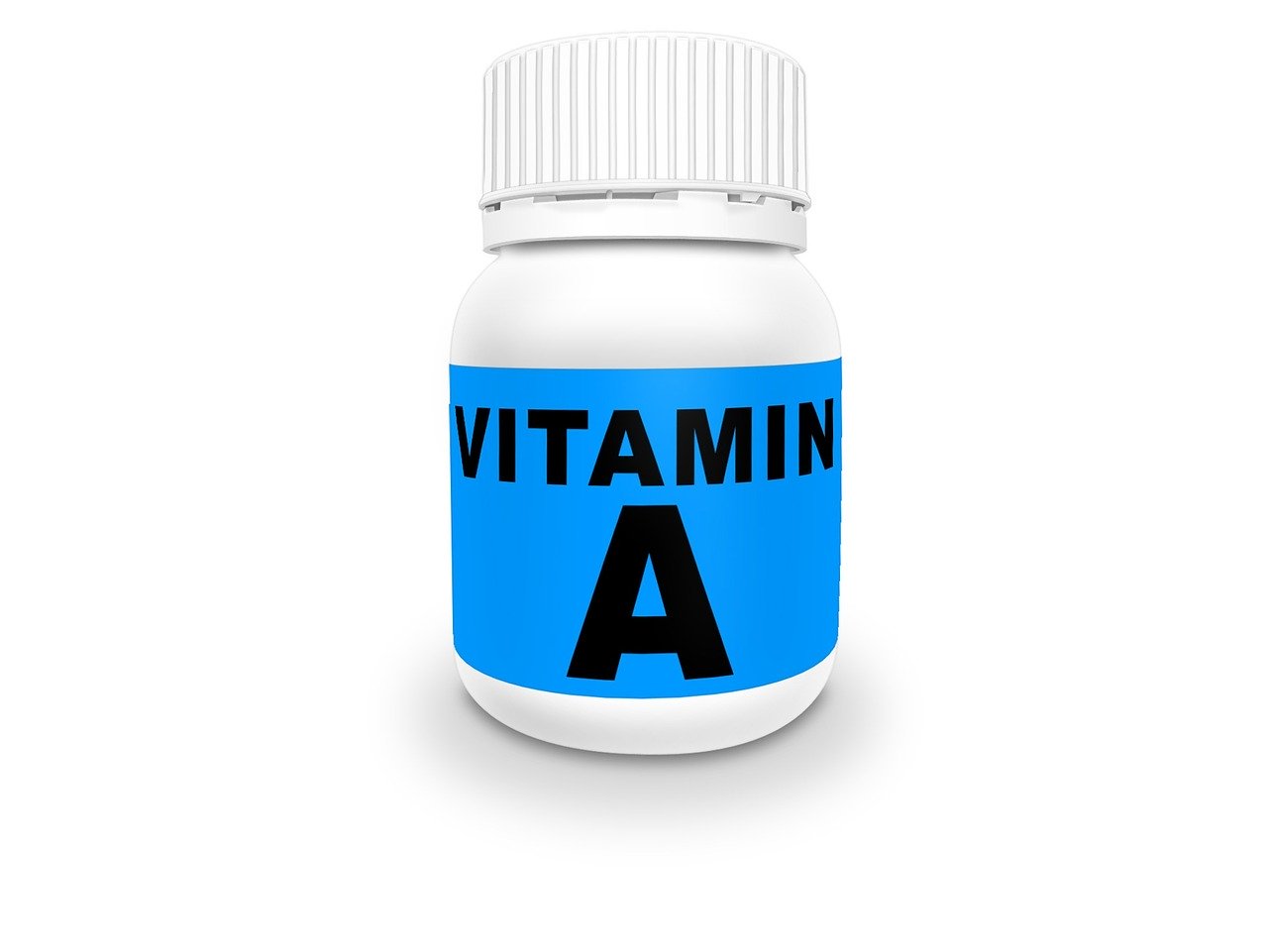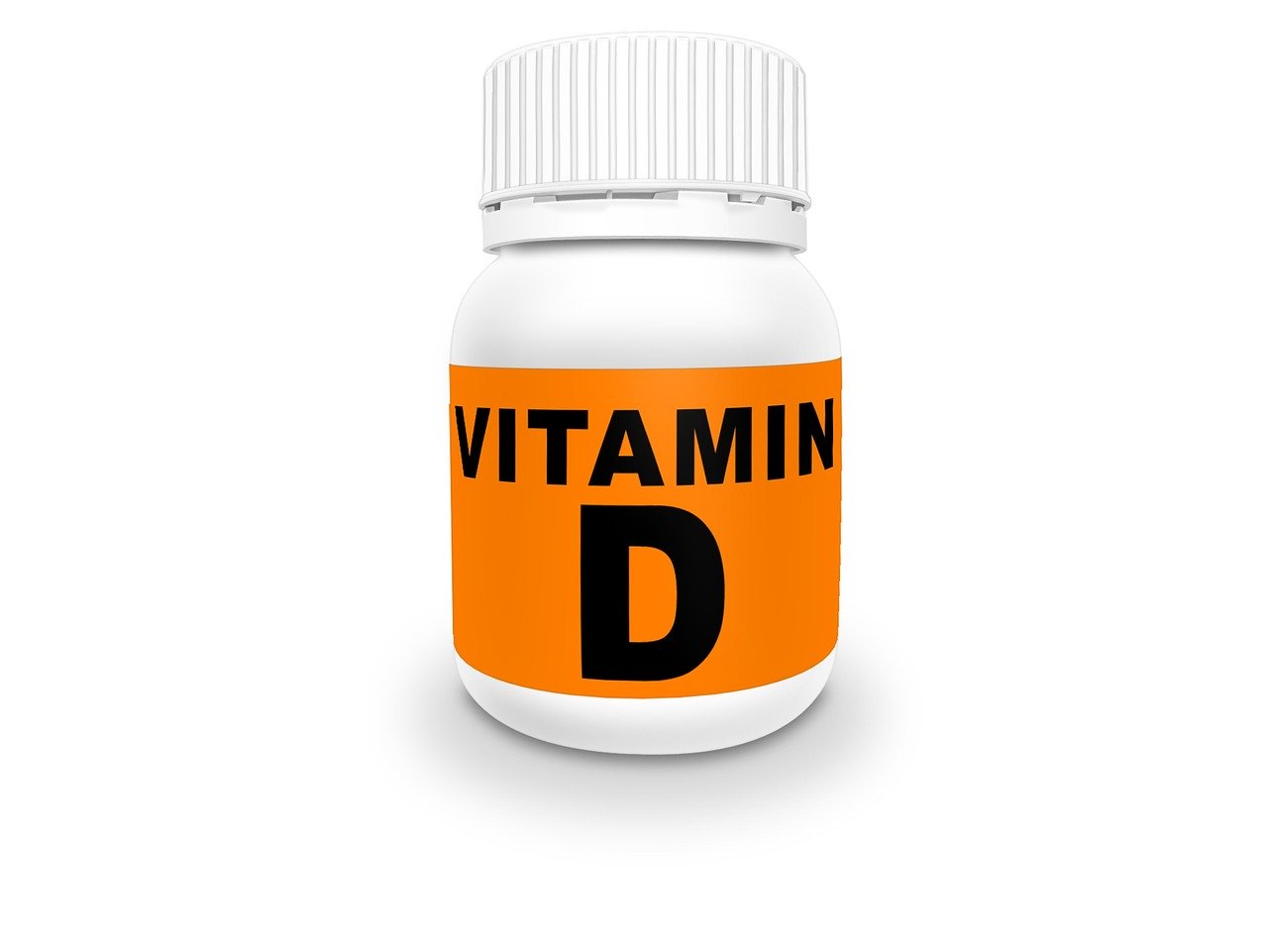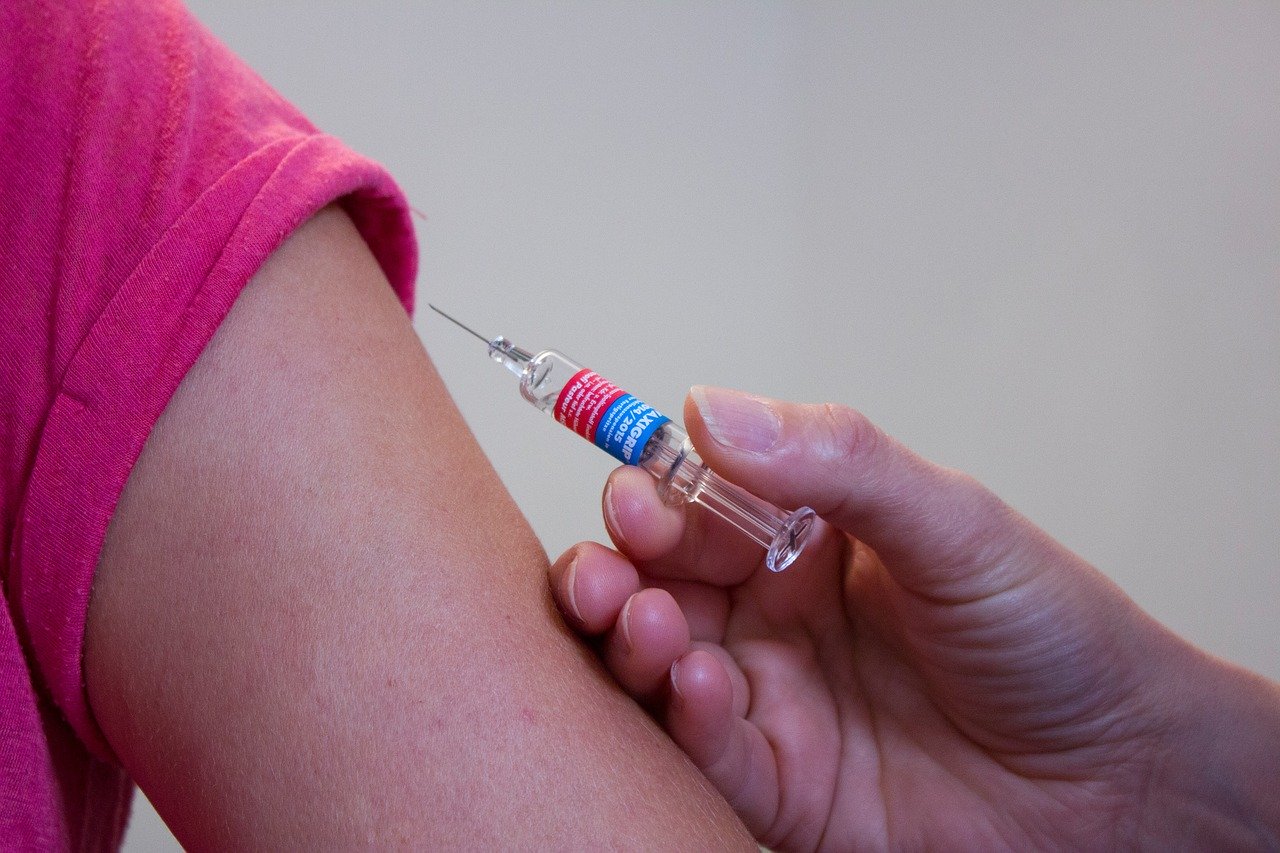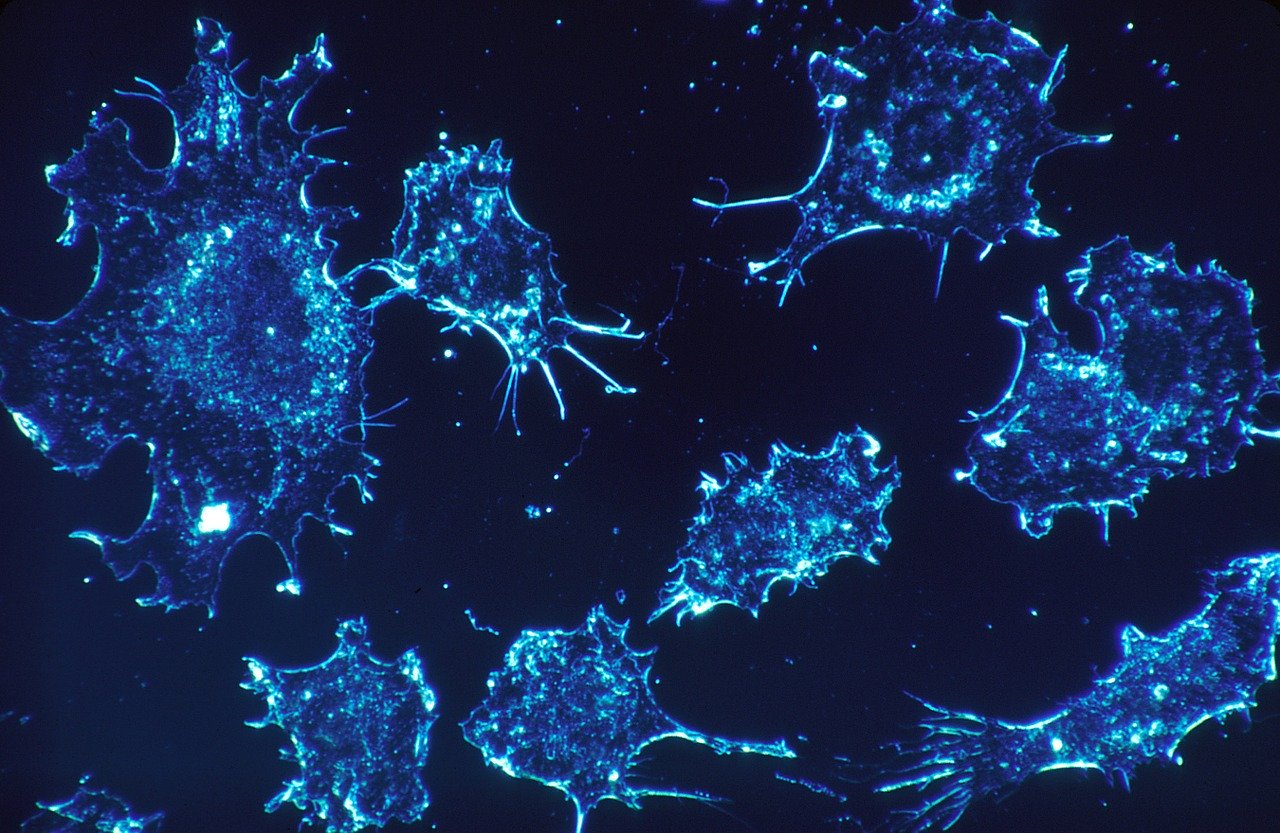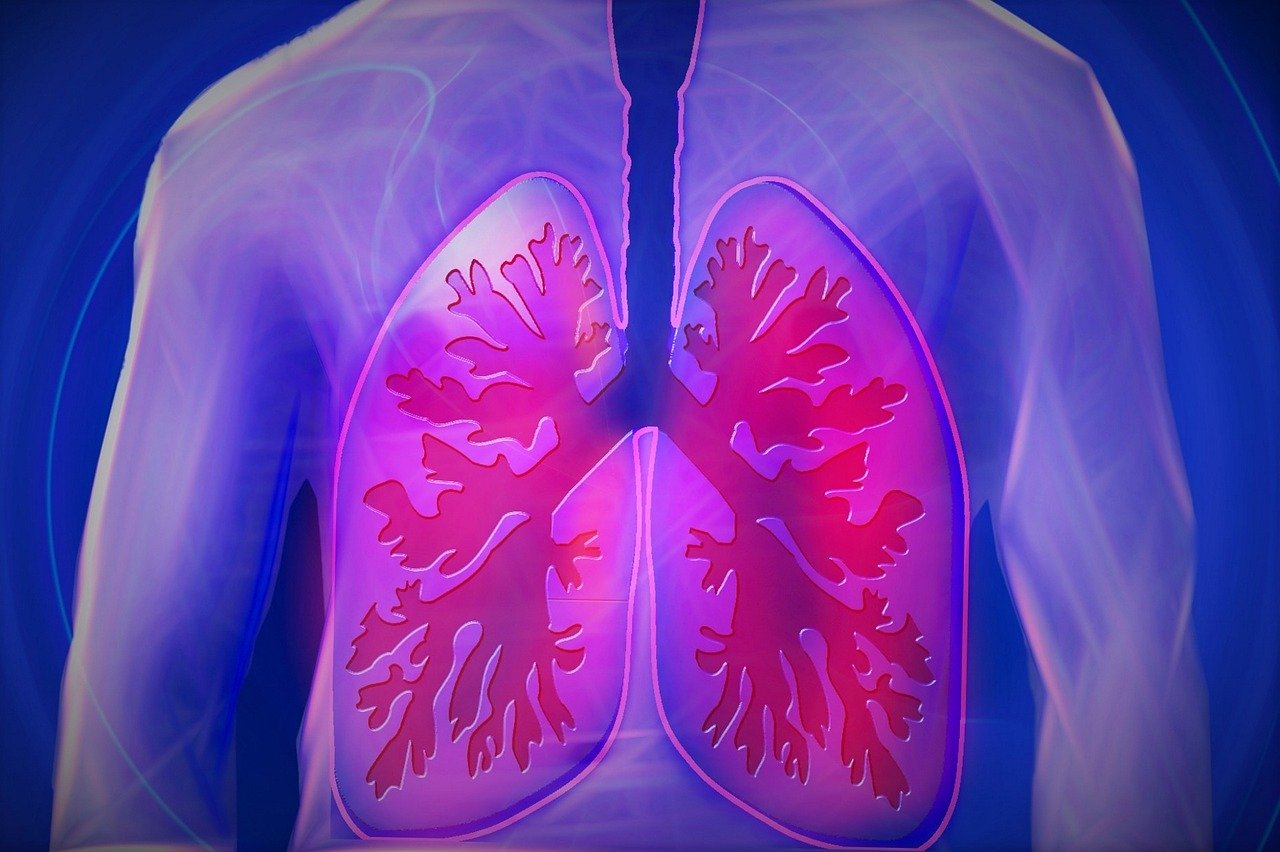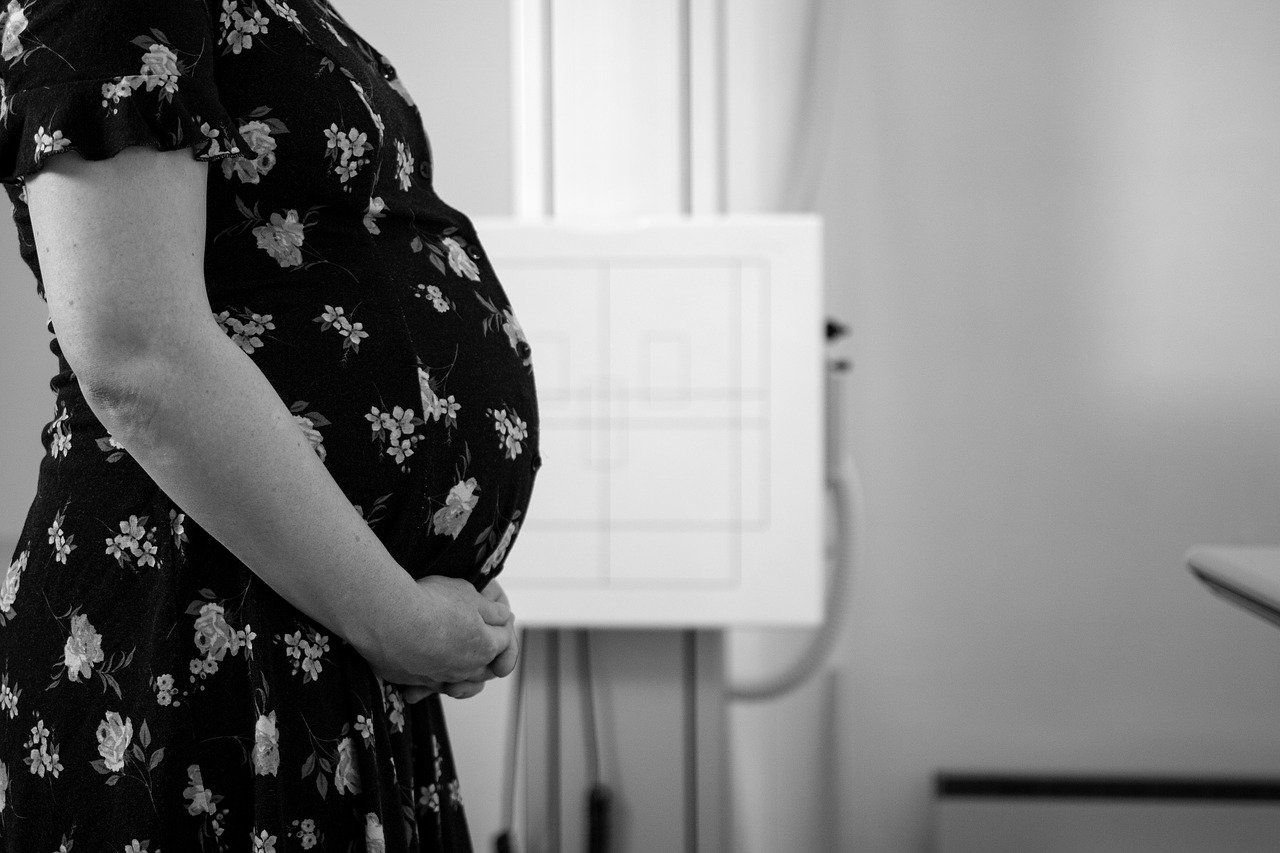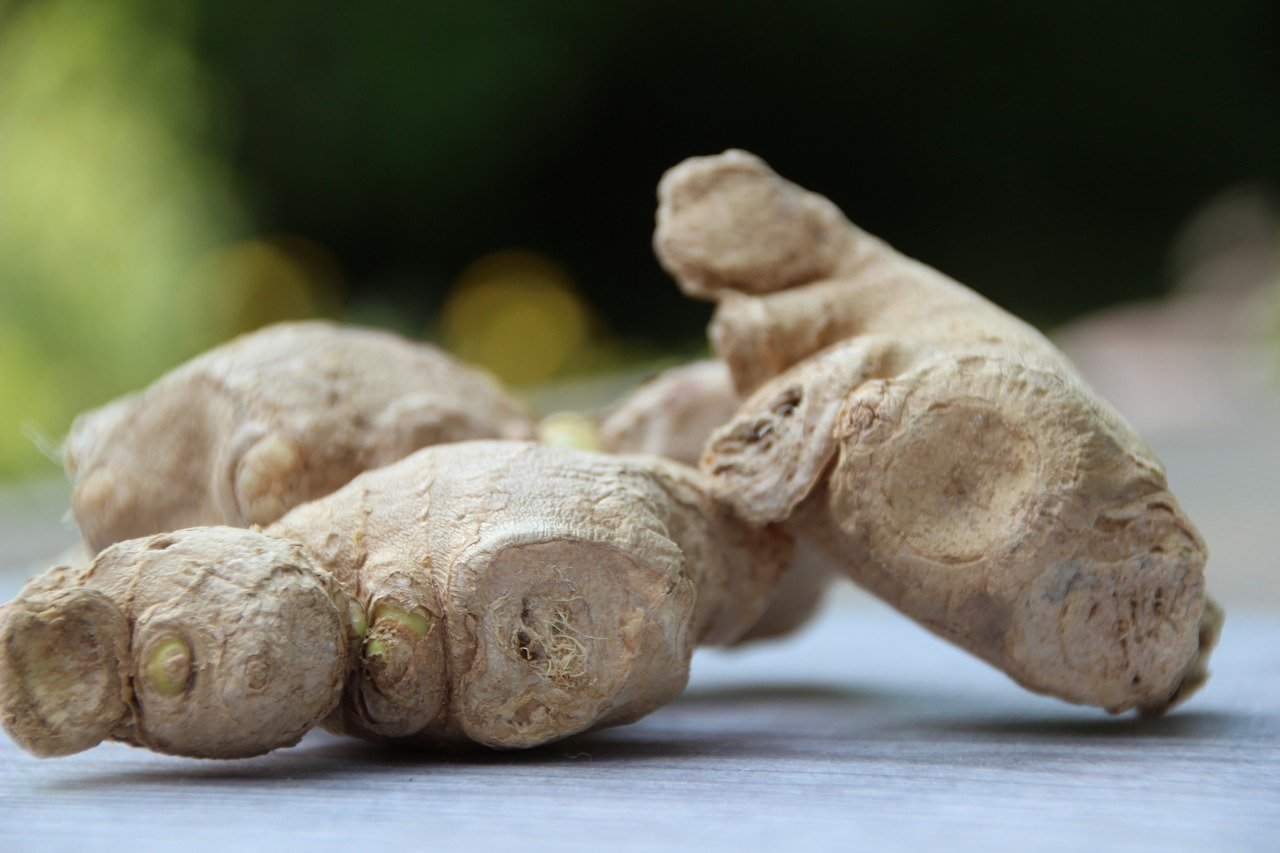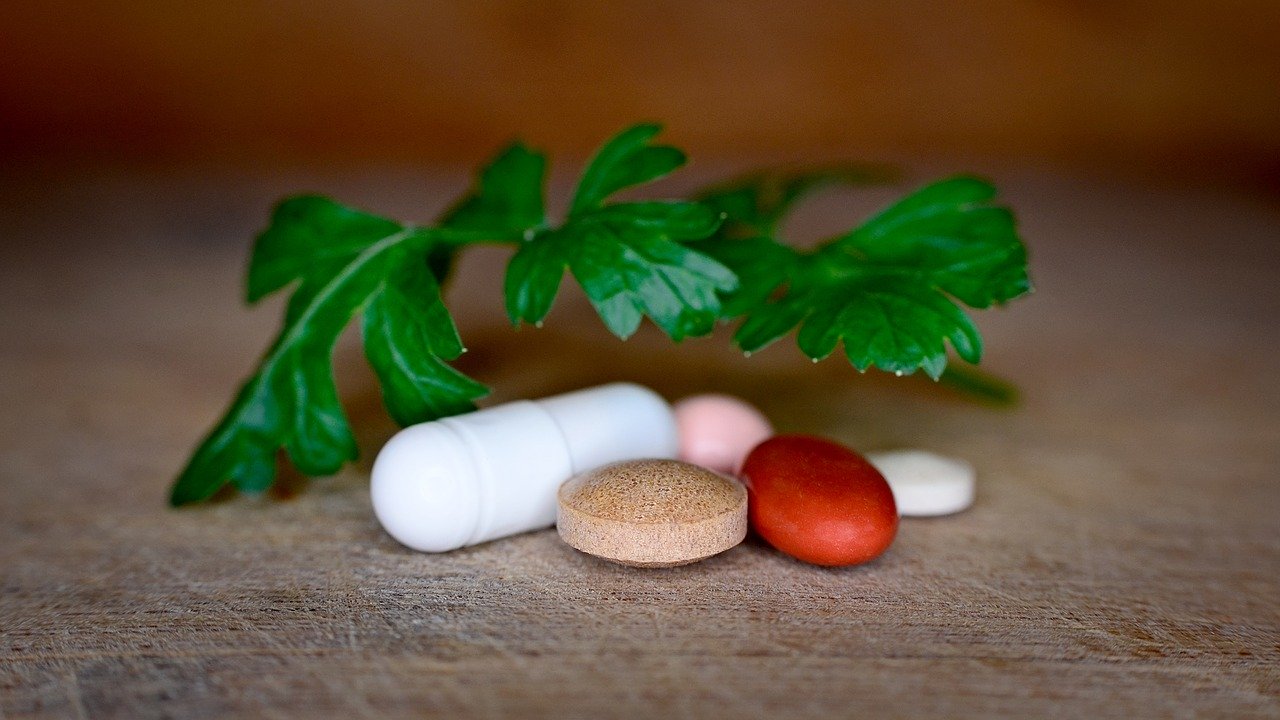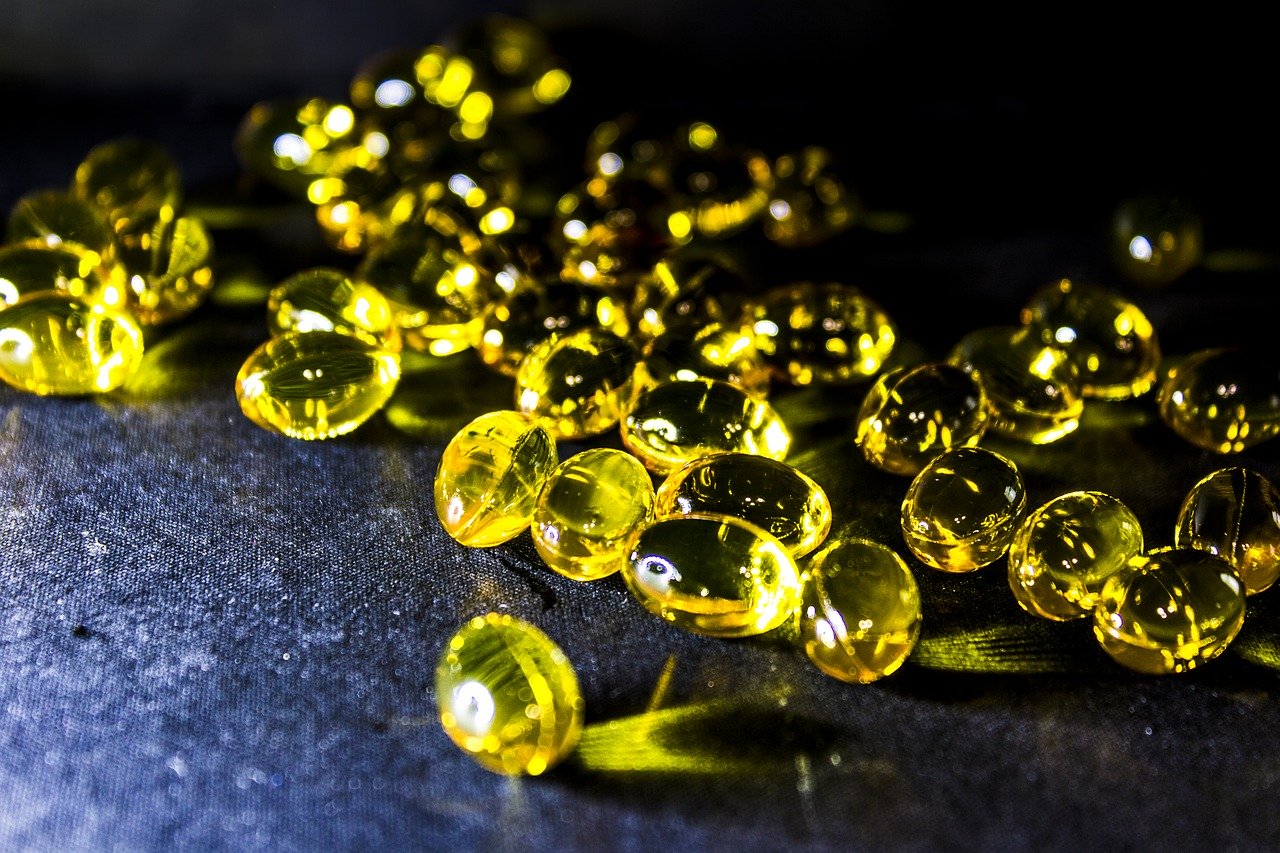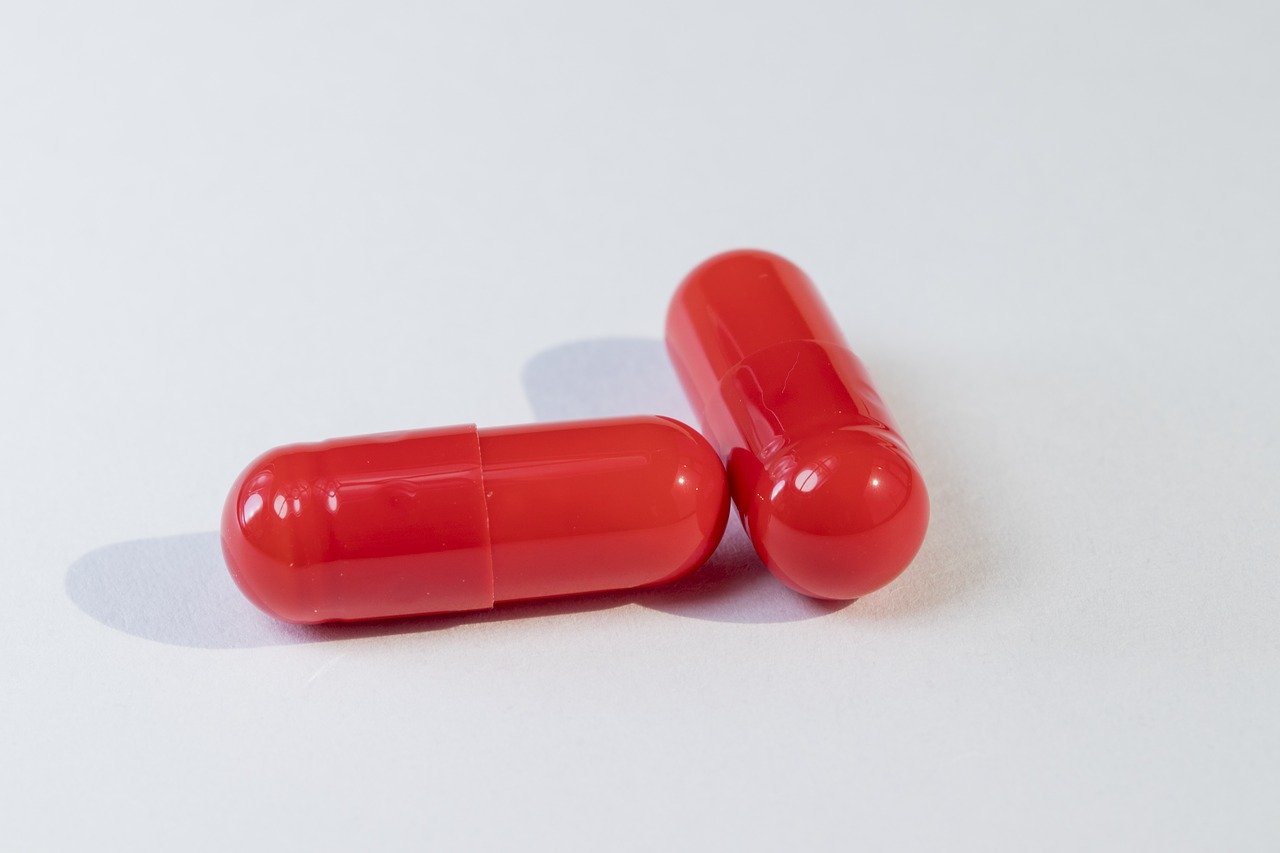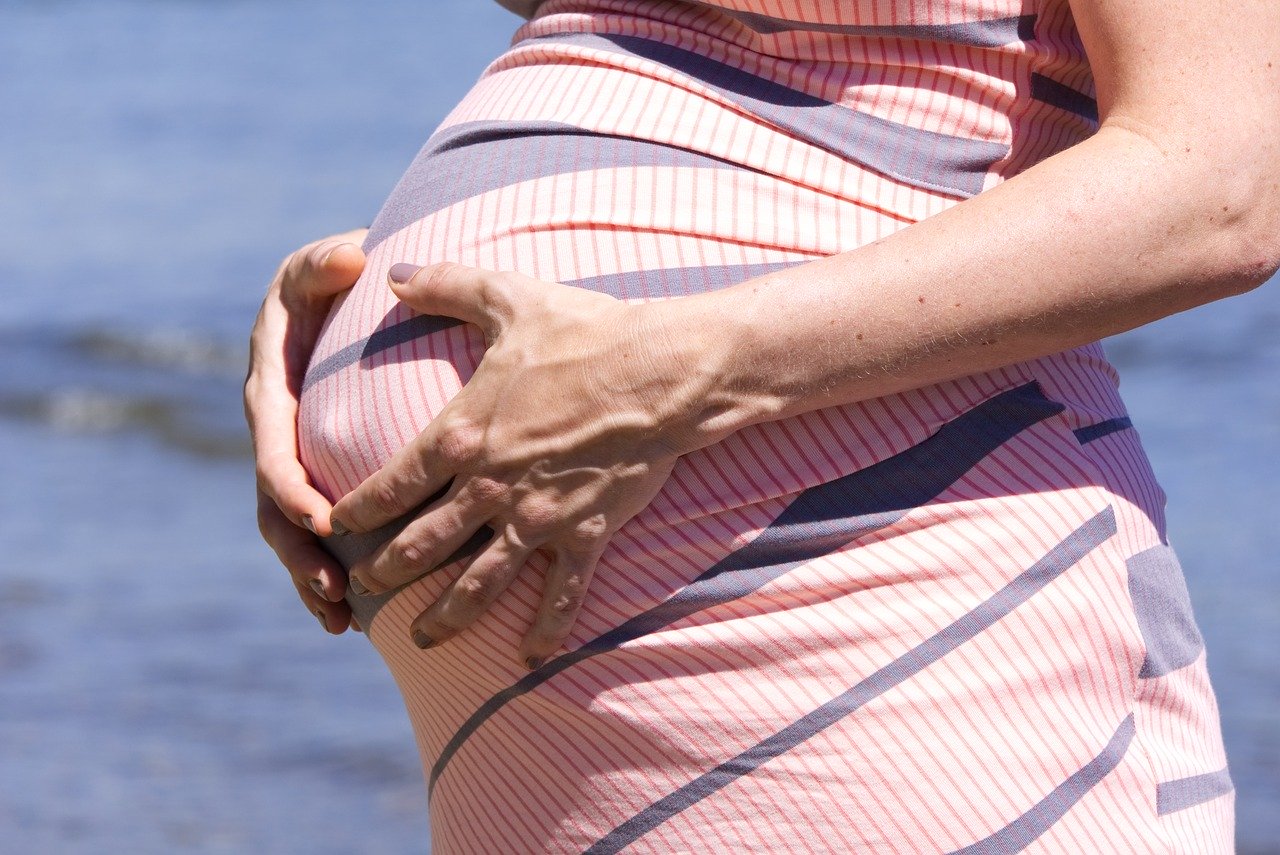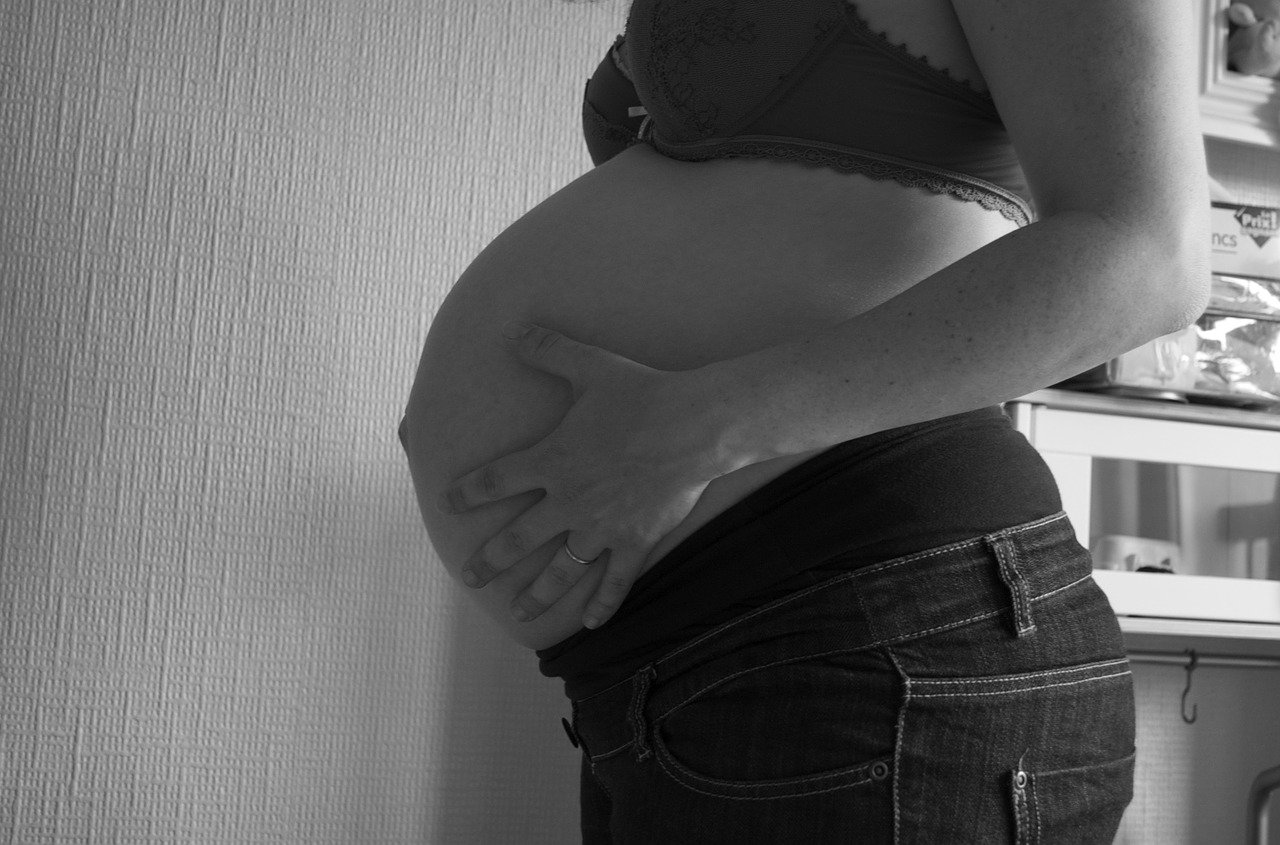In April 2019 researchers from Saudi Arabia published their study to assess the effects of short-term oral vitamin A supplementation on the ocular tear film in individuals with dry eye. … Read more
Researchers recommend that individuals at risk of influenza and/or COVID-19 consider taking 10,000 IU/d of vitamin D3 for a few weeks to rapidly raise their vitamin D levels, followed by 5000 IU/d in order to raise their vitamin D levels above 40-60 ng/mL (100-150 nmol/L) in order to reduce the risk of infection
In April 2020 researchers from the USA published their review on the role of vitamin D in reducing the risk of respiratory tract infection, epidemiology of influenza and COVID-19, and … Read more
A caffeine supplement does not improve the 800-m running performance of trained runners but does appear to impair sleep quality
In September 2019 researchers from Spain published the results of their study to assess the effect of caffeine intake on 800-m running performance, sleep quality and nocturnal cardiac autonomic activity … Read more
Drinking more than 2 cups of coffee per day appears to be associated with reduced tumour-specific insulin-like growth factor receptor 1 levels as well as an improved prognosis amongst tamoxifen- or radiotherapy-treated individuals with breast cancer but only if they were not overweight or obese
In June 2018 researchers from Sweden published the results of their study to assess the role of coffee consumption on the prognosis of breast cancer and possible associations with tumor-specific … Read more
Herbal detox programmes, which are gaining in popularity, can be associated with potential serious adverse effects
In December 2018 researchers from the USA published a case report involving a 67-year-old man who developed severe hyponatraemia after starting a five-day kidney detox programme. Hyponatraemia is a low … Read more
Tetanus, diphtheria and whooping cough vaccination given during pregnancy does not appear to be associated with spontaneous abortion, pre-eclampsia or preterm labour, birth defects, growth problems in utero, growth problems in infancy, preterm birth, or low birth weight
In February 2020 researchers from the USA published the results of their study to assess the safety of the tetanus, diphtheria and whooping cough vaccine in pregnancy. The vaccine was … Read more
Orally administered matured hop bitter acids (35 mg/day), which are ingredients found in beer, appear to significantly improve cognitive function as well as mental fatigue and anxiety
In January 2020 researchers from Japan published the results of their study to assess the effects of matured hop bitter acids on cognition, mental fatigue, and mood state. A total … Read more
Use of low-dose aspirin appears to be associated with a significantly lower risk of hepatocellular carcinoma and lower liver-related mortality, without a significantly higher risk of gastrointestinal bleeding
In March 2020 researchers from the USA and Sweden published the results of their study to assess the association between low-dose aspirin (under 160 mg) and hepatocellular carcinoma, liver-related mortality … Read more
Sunbed use increases the risk of cutaneous squamous cell carcinoma (malignant skin cancer) in women
In September 2019 researchers from Sweden published the results of their study to assess the risk factors for cutaneous squamous cell carcinoma. A total of 29,460 women were included in … Read more
Vitamin D deficiency is common in patients with asthma and congestive obstructive pulmonary disease and low vitamin D levels may either be a cause or a consequence of these conditions
In March 2020 researchers from the UK, USA, Canada and Belgium published the results of their study to assess whether vitamin D metabolism is altered in asthma or congestive obstructive … Read more
Low-dose aspirin usage during pregnancy reduces the risk of pre-eclampsia
In January 2020 researchers from The Netherlands published the results of their study to assess the use of low-dose aspirin amongst women with an increased risk pre-eclampsia. It has been … Read more
A low intake of vitamin D appears to increase the risk of rheumatoid arthritis whilst vitamin D deficiency appears to be associated with a higher level of symptoms
In June 2019 researchers from Iran published their review of the medical scientific literature to assess the relationship between vitamin D deficiency and rheumatoid arthritis. Most studies reported that a … Read more
When vitamin D deficiency or insufficiency occurs, it is better to take vitamin D supplementation than using sunbeds, which have been classified a Class 1 carcinogen
In March 2019 researchers from Belgium and Italy published their overview on vitamin D and sunbed use. The researchers stated that vitamin D status appears to be associated with a … Read more
Current research does not support a clear association between antenatal magnesium sulphate suppementation and beneficial and adverse neonatal outcomes
In December 2019 researchers from Australia, Canada and New Zealand published their review of the medical scientific literature to assess whether ante-natal magnesium sulphate supplementation is associated with unintended adverse … Read more
Mixed herbal supplementation containing fenugreek, ginger and turmeric appears to increase human milk volume thereby enabling exclusive breastfeeding
In November 2018 researchers from Thailand published the results of their study to assess the effects of mixed herbal supplementation, including fenugreek, ginger, and turmeric on human milk volume and … Read more
Some plants as natural remedies may have a beneficial effect on different aspects of polycystic ovary syndrome
In December 2019 researchers from Iran published their review of the medical scientific literature to assess the effect of different herbal medicines used for polycystic ovary syndrome. The researchers stated … Read more
Omega-3 supplementation from the 24th week of pregnancy appears to lead to a higher BMI in offspring from 0 to 6 years of age but not an increased risk of obesity at age 6
In September 2018 researchers from Denmark published the results of their study to assess the effect of omega-3 long chain polyunsaturated fatty acids supplementation during pregnancy on the measurements and … Read more
Berberine supplementation may be useful in the management of polycystic ovary syndrome as it can redistribute body fat, reduce insulin resistance and improve the ovulation rate per cycle
In February 2020 researchers from Italy and Bahrain published their review of the medical scientific literature to assess the use of berberine in the management of polycystic ovary syndrome. The … Read more
Excessive mineral intake may prolong the pregnancy
In September 2019 researchers from Australia published the results of their study to assess the the effects of supplements during pregnancy on nutrient status and birth outcomes. A total of … Read more
Multivitamin/multimineral supplementation in pregnancy appears to reduce the risk of a low birthweight baby, small for gestational age baby and a reduced risk of a preterm birth
In March 2019 researchers from Canada published their review of the medical scientific literature to assess the benefits of oral multivitamin/multimineral supplementation during pregnancy on maternal, foetal and infant health … Read more

